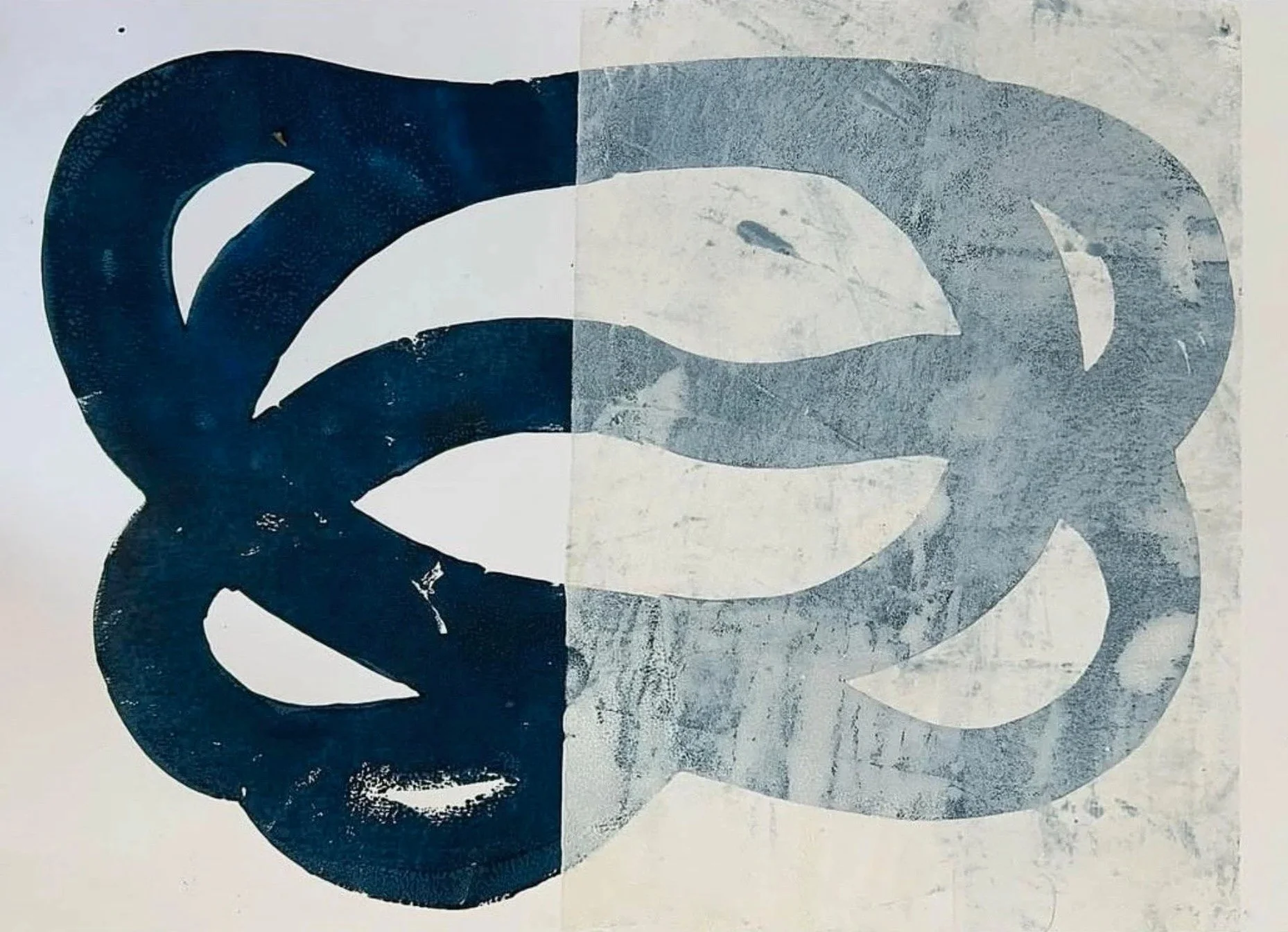Activities Associated with the Forum
Ngā Mahi a te Hui Wānanaga
Trans-Tasman Seminar 2025
Approaches to Traumatisms in the Lacanian Clinic
It appears the category of ‘trauma’ has become prevalent in our society. This term is applied to the various forms that the intrusion of the real takes in our daily lives: wars, genocides, natural catastrophes, consequences of climate change, as well as public testimonies by victims of sexual abuse and paedophilia.
Are we to consider these external causes to be traumatic in themselves? Can we say that they constitute an objective cause of the symptoms they provoke? A whole series of therapeutic approaches under the generic term ‘trauma-focused therapy’ considers it to be thus. Although these techniques appear to be helpful, they leave the subject in the position of ‘victim’. Moreover the subject is reduced by these techniques simply to a body. The consequences in the unconscious for the subject of an encounter with a sudden breaking-in of some ‘thing’ that remains outside sense is not taken into account.
In Lacanian psychoanalysis, the concept ‘traumatisms’, addresses these complexities. Trauma, understood in this way, gives priority to the response of the subject to the ‘event’ which takes on its significance as traumatic in its constitution après coup. As Freud articulated, sexual traumatism is the origin of the neurotic symptom. For Lacan, there is something in the sexual that is impossible, and it is this impossible real that is the basis of the symptom. The subject’s original encounter with language in the form of lalangue, is with signifiers that are real. Language, as big Other, is holed, and Lacan coined the term troumatism [‘hole-matism’], to signify that the subject is traumatised by this constitutive hole that Lacan formulated as the non-sexual relation – il n’y a pas de rapport sexuel. The One of the symptom is the subject’s response to this radical ab-sense.
In this year’s Trans-Tasman seminar, we will address from a Lacanian perspective different responses of the subject to traumatisms, and their relation to the symptom, repetition, fantasy and jouissance. Each presentation will support a discussion of theory with case vignettes.
Please see the Events Page for further details
The Trans-Tasman Seminar
The Trans-Tasman seminar is the result of a collaboration between members of the Forum of Melbourne, Esther Faye and Susan Schwartz, and of the Forum of Aotearoa New Zealand, Chantal Degril, within the frame of the International of the Forums of the School of Psychoanalysis of the Forums of the Lacanian Field (IF-SPFLF). Its aim is to contribute to Lacanian discourse in our region and beyond by applying theoretical concepts to particular clinical cases. In 2024, Esther Faye and Susan Schwartz became members of the Forum of Aotearoa New Zealand.
The Colloquium 2025-2026
Vincent Hawkins, Montype print
In response to the IF-SPFLF’s theme for 2025-2026, ‘The ethics of psychoanalysis and the others’, this Colloquium – a group of 10 forum members – is focusing on the ethics of psychoanalysis in relation to the psychoanalytic act, the latter being a key invention of Lacan’s.
It is a space for discussion and the sharing of questions and ideas among colleagues arising from their reading of Seminar XV: The Psychoanalytic Act, and their own research on the topic.
The Colloquium will continue to meet until a new theme is chosen at the Rendezvous in July 2026, in São Paulo.
Reading Groups
Seminar XXI: Les non-dupes errent (1973-1974)
Currently there is a group of us reading Jacques Lacan, Seminar XXI: Les non-dupes errent (1973-1974).
Chantal Degril
Crispin Balfour
Tony Carusi
Beginning the Week with Freud
There is an International Group of us (including forum members) reading the entire Standard Edition of the Complete Psychological Works of Sigmund Freud. We meet on Zoom every Monday morning at 7:10 am (New Zealand Time) and read aloud a page at a time (including footnotes) for fifty minutes according to a weekly roster. We then have ten to fifteen minutes to discuss the day’s reading. We began in May 2021 and expect to be reading for about another five to seven years. If you are interested in joining please contact Crispin Balfour.
Cartels 2024-2026
On the Concept of Lalangue
Angus Craig
Chantal Degril
Crispin Balfour
Tony Carusi
Plus-One: Radu Turcanu (Forum France)
(this cartel is now closed).
Cartel of the Pastoute
This is a cartel that began in 2024 which meets fortnightly to examine the theoretical and clinical grounds for a clinic of Lacanian psychoanalysis, one ethically oriented around a question raised by Colette Soler in her seminar ‘Une clinique d’exception’ (2021-2022) : is a clinic of women as Other possible?
Chantal Degril
Esther Faye
Susan Schwartz.
A Note On Cartels
A cartel is a way of working invented by Lacan in 1964, both on a collective and individual basis.
Cartels are small groups composed of at least three people, five at the most, plus-one in charge of the selection, discussion and ensuring the regularity of the work. A common theme is initially agreed upon and each member selects a question he or she wants to research individually. Participants take turns at presenting their work.
Cartels are dissolved after two years of existence, so as to avoid as much as possible an effect of ‘glue’ and of imaginary relations among its participants. A permutation takes place at the end of that period and new cartels are created as a result.




